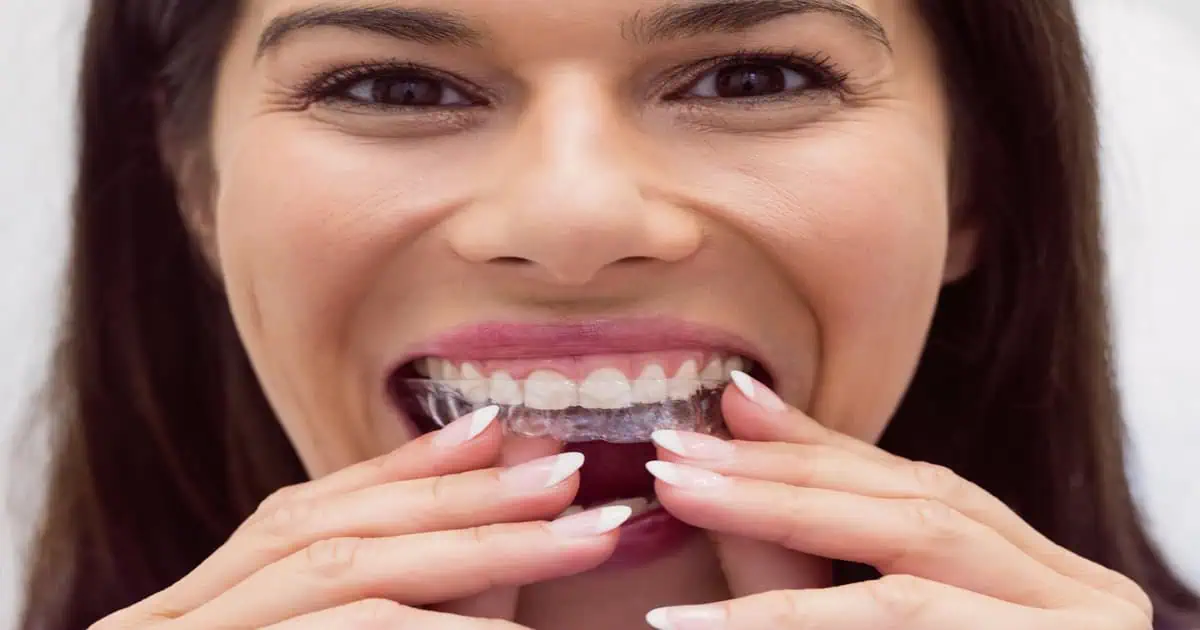When it comes to cavities, prevention is always better than cure. However, even with the best oral hygiene routine, cavities can still develop. Caused by a combination of factors like bacteria, frequent snacking, sipping sugary drinks, and not cleaning teeth properly, cavities are a common dental issue that affects people of all ages.
If you have a cavity, your dentist will likely recommend a filling to restore the damaged area of your tooth. But what if that filling doesn’t last forever? Can a cavity be filled more than once? The answer is yes, but there are some important considerations to keep in mind.
Understanding Dental Fillings
A dental filling is a way to restore a tooth that has been damaged by decay. During the procedure, your dentist will remove the decayed portion of the tooth and then fill the area with a durable material, such as composite resin or amalgam (a metal alloy).
The main purpose of a filling is to prevent further decay, restore the tooth’s function, and maintain its natural appearance. However, fillings are not permanent solutions and may need to be replaced over time due to various factors, including:
Wear and tear
Even the most durable dental fillings can wear down over time due to the constant grinding and chewing forces in your mouth.
Bacteria and new decay
If proper oral hygiene is not maintained, bacteria can accumulate around the edges of the filling, leading to new decay and the potential need for a replacement filling.
Fractures or cracks
Fillings can become cracked or dislodged due to trauma, excessive chewing forces, or natural tooth flexibility.
Sensitivity or discomfort
In some cases, a filling may cause sensitivity or discomfort, indicating that it needs to be replaced.
The Real Question Is: How Many Times Can a Cavity Be Filled?
Dental cavities are one of the most prevalent oral health issues faced by people worldwide. Despite advancements in preventive dentistry and increased awareness about the importance of good oral hygiene practices, cavities remain a persistent problem. While practicing proper brushing, flossing, and limiting sugary foods and drinks can help minimize the risk, the truth is that cavities can still develop even with the best preventive efforts.
There is no definitive limit on how many times a cavity can be filled. However, several factors determine the longevity of a filling and the need for replacement, including:
Size of the cavity
Smaller cavities generally require smaller fillings, which are less likely to fail or need replacement as quickly as larger fillings.
Location of the cavity
Fillings on the chewing surfaces of the teeth tend to wear down faster than those on other surfaces due to the increased grinding and chewing forces.
Oral hygiene
Maintaining good oral hygiene practices, such as brushing twice a day, flossing regularly, and visiting your dentist for professional cleanings, can help extend the life of your fillings.
Type of filling material
Different filling materials have varying levels of durability. For example, composite resin fillings may need to be replaced more frequently than amalgam fillings.
Generally speaking, most dental professionals recommend replacing fillings every 5 to 10 years, depending on the factors mentioned above. However, some fillings may last longer, while others may need to be replaced sooner due to complications or failure.
Risks of Multiple Fillings
Cavities, or tooth decay, occur when acids produced by mouth bacteria erode the teeth’ hard outer surface, known as the enamel. This erosion creates small holes or openings in the enamel, allowing bacteria to penetrate deeper into the tooth and potentially reach the inner dentin layer and even the pulp if left untreated. Various factors contribute to the development of cavities, including a diet high in sugary and acidic foods and drinks, poor oral hygiene habits, dry mouth, and certain medical conditions or medications that reduce saliva flow.
While it is possible to have a cavity filled multiple times, there are potential risks associated with excessive filling replacements:
Tooth structure loss
Each time a filling is removed and replaced, a small amount of healthy tooth structure is also removed, which can weaken the tooth over time.
Sensitivity
Multiple fillings in the same tooth can increase the risk of sensitivity or discomfort, particularly if the tooth’s nerve becomes exposed or irritated.
Infection risk
Repeated filling replacements can increase the risk of infection if proper sterilization and dental procedures are not followed.
Cost
Each filling replacement comes with an additional cost, which can add up over time, especially if multiple teeth require multiple fillings.
Alternatives to Multiple Fillings
If a tooth has experienced excessive decay or has had multiple failed fillings, your dentist may recommend alternative treatments instead of repeatedly replacing the filling. These alternatives may include:
- Dental crowns: A crown is a tooth-shaped cap covering the entire visible portion of the tooth, providing a long-lasting solution for severely decayed or damaged teeth.
- Root canal treatment: If the decay has reached the tooth’s inner pulp, a root canal procedure may be necessary to remove the infected or inflamed pulp and seal the tooth from the inside.
- Tooth extraction: In severe cases where the tooth cannot be restored or saved, your dentist may recommend extracting it and replacing it with a dental implant or bridge.
Prevention is Key
While it’s possible to have a cavity filled multiple times, the best approach is to prevent cavities from forming in the first place. By following good oral hygiene practices, such as brushing twice a day with fluoride toothpaste, flossing daily, and visiting your dentist regularly for professional cleanings and check-ups, you can significantly reduce your risk of developing cavities and the need for fillings.
Additionally, maintaining a balanced diet low in sugary and acidic foods and drinks can help minimize the exposure of your teeth to harmful substances that can cause decay.
Trust Kennedy Dental for Comprehensive Cavity Prevention and Treatment
At Kennedy Dental, we understand the importance of preventive care and early intervention when it comes to maintaining optimal oral health. Our team of experienced dentists and hygienists are dedicated to providing comprehensive dental care, including regular check-ups, cleanings, and personalized treatment plans tailored to your specific needs.
If you do develop a cavity, rest assured that our skilled professionals will provide high-quality, long-lasting fillings using the latest techniques and materials. However, we will also work closely with you to address the underlying causes of tooth decay and implement strategies to prevent future cavities from forming.
Remember, your oral health is a lifelong journey, and Kennedy Dental is here to be your trusted partner every step of the way. Contact us today to schedule your next appointment and take the first step towards a healthier, brighter smile.







